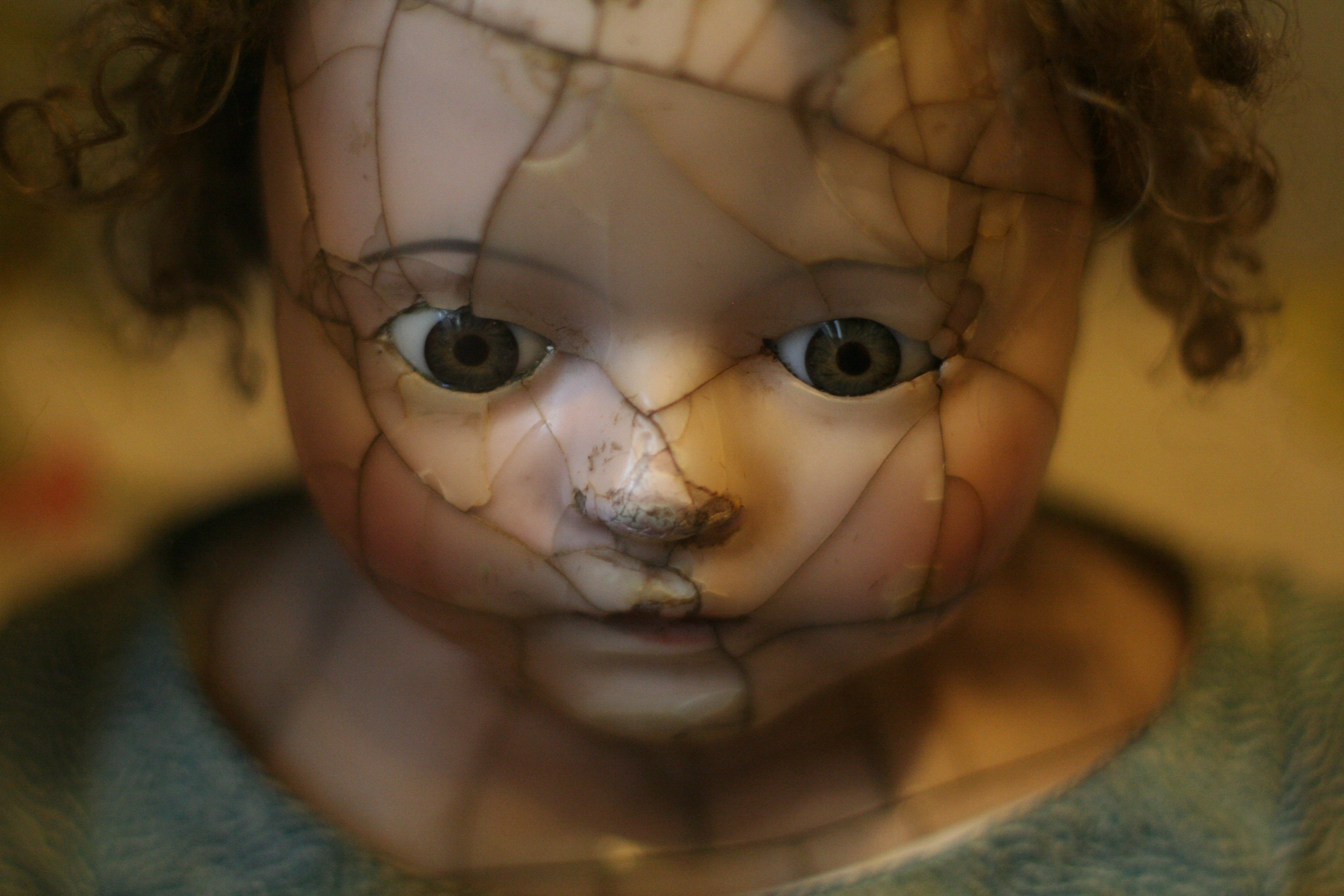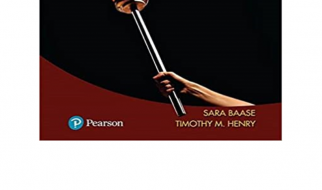The ultimate guide for seeing and treating women like more than a ?piece of ass?.
 Photo by Tapio Haaja on Unsplash
Photo by Tapio Haaja on Unsplash
I?m chilling in a bar with my friend, and he shows me a picture of an actress and says something along the lines of ?she is? phwoar??. I get a little pissy and tell him to stop objectifying women, and he replies: ?I?m not objectifying women, I?m appreciating beauty.?
The response strikes a nerve, because I once heard the exact same words from a group of guys harassing me on a street in Cuba. One had come up to me and said something suggestive, and then his mates had all surrounded me, jockeying to make the lewdest sexual comment. I tried to get past, and when they blocked me, I tried to laugh it off. Then I tried to get angry.
?Relax, it?s fine,? one guy said. ?This is our way of celebrating beauty.?
In case you were in any doubt, this did not make me feel beautiful. It made me feel like an object, whose desires and needs did not matter. They robbed me of my agency in a very literal and visible way: I could not get past unless they let me. I was scared and surrounded by their bodies ? stronger than mine, bigger than mine. Male bodies. Bodies for doing, bodies for fighting. And in the middle, my body. Female body. A body for watching, a body for the taking.
There is a wide gap between these two incidents, but the fact that the same argument cropped up in both got me thinking: is checking a woman out inherently objectifying?
I?m pretty sure that while most people would not condone surrounding a woman in a pack to tell her she is hot and pressure her for sex, making a comment to a friend in a bar about how attractive a woman would be generally seen as fine. But really, they both stem from one same mentality, that a woman?s body is a thing to be admired and judged, touched and used, all for the benefit of men. Describing an actress as phwoar ultimately helps uphold a system where men see women passing them on the street as their property.
 Photo by Aimee Vogelsang on Unsplash
Photo by Aimee Vogelsang on Unsplash
What is Sexual Objectification?
As the name suggests, objectification means to reduce a person to the status of object, meaning you reduce her to her function for others, robbing her of her emotions, desires, and agency. Objectifying is really de-subjectifying, sending someone a message that they are not a subject, the person leading and driving their own existence. When you reduce a woman to her body, you send her the message that she, as an actor, does not matter, her only importance is to have a body, for others enjoyment.
Sexual objectification occurs when a woman?s body, body parts, or sexual functions are isolated from her whole and complex being and treated as objects simply to be looked at, coveted, or touched. Once sexually objectified, the worth of a woman?s body or body part is directly equated to its physical appearance or potential sexual function and is treated like it exists solely for others to use or consume.
? Emma Rooney, Psycologist, in The Effects of Sexual Objectification on Women?s Mental Health
Women face objectification through interpersonal interactions, such as random people commenting on their body, or making sexual advances, but also through the active and passive consumption of media ? from films to advertisements. This means that women are pretty much continuously exposed to images that suggest they are nothing but a butt.
How do I know if I am objectifying a woman?
When you check out a woman, you can generally look for the following things to tell if you are objectifying her or not :
- Are you interested in her appearance for what it suggests about her as a person, or for how it looks to you and stimulates your own desire?
- Are you only focussing on parts of her body? In particular, sexualised parts such as breasts, eyes, lips?
- Are the things you notice her doing, or think she is good at, related to her body ? For instance, are you thinking ?she?s wearing a nice outfit?, ?she dances in a sexy way??
- Do you know or care about what she is like as a person? Would you be willing to ignore her stupidity or annoyingness? Do you care about knowing more about her?
- Do you feel empathy towards her? If she cries, do you feel bad for her, or do you think how cute those shiny eyes and pink cheeks are? When she laughs, do you want to laugh with her or just watch her?
Of course, being attracted to a woman and realising you are objectifying her doesn?t make you a bad person ? our society has taught men to intertwine sexual attraction and objectification. But what is important is to recognise your own objectifying thoughts, so that you can question the behaviour which stems from them, and, in the future, replace these thought patterns with new ones ? pushing yourself to be attracted not just to a body, but to a person. When you catch yourself having an objectifying thought, push yourself to look beyond it, to remind yourself that there is a human behind the body.
Is it really that big a deal?
Take my friend, looking at this actress. By reducing her to ?phwoar?, he robbed her of attributes other than her body. The fact that she is an amazing actress, and might be smart and have lots of other qualities.
Of course, she wasn?t there to hear, but I was. So the comment came as yet another reminder in the long string of reminders of how society perceives women as objects. So objectifying comments hurt not just the person they are made about.
Our actions never exist in isolation. Your wandering eyes or casual remark exist as part of a system which tells women they are objects. It feeds into a daily onslaught where women?s bodies are treated as public property: watched, discussed, groped by strangers, and depicted in the media as purely sexual. Every little gesture has a compounding effect, and contributes to the sexual objectification of women. On a mass scale, this asserts the needs of one group above the other.
I have learned that my gaze is more than a simple look and appreciation.
It communicates that all bodies are available to me, that as a man, I control all space, and thus, any body that enters that space is mine to leer at and comment upon (verbally and non-verbally).
Behind my stare exists an advertising industry that objectifies women?s bodies for incredible profit.
Behind my stare is a political system that seeks to regulate women?s bodies outside of their control.
Behind my stare is a pornography and media machine that communicates in nearly every single message that women are endlessly inadequate, weak objects and that men are dominant, in control, and powerful.
– James Lutt in Everyday Feminism
For this reason, the objectification of men is less harmful ? not that I?m saying that it is desirable.When a woman checks out a man?s biceps, or Calvin Klein puts out an ad with men in boxer shorts, it does not come with the weight of an all-encompassing system of gender oppression.
Even if your objectifying comments remain in your own head, they still have an impact on how you treat women in the real world. Our thoughts determine our actions. A team of psychologists at University of Vienna showed that empathic feelings and brain responses are reduced when men observe the emotions of sexualized women. Those studied were less capable of empathy towards a woman they had objectified, and found her?less human.? This can have dangerous consequences. It is easier to be violent towards someone you don?t see as human. Easier to ignore their wishes or violate their consent.
So how do we check out women without objectifying them?
I think the first question to ask yourself is: why does it matter so much? Trying at all costs to find a way to continue to check out and chat up women can often come down to a sense of entitlement, that men should have the right to make this kind of remark. It can come back to the assumption that a man?s sexual desire is more important than a woman?s right to be treated as a human. Society also doesn?t need chat-up lines and objectifying glances ? men and women can hook up without them. Sexual encounters can be born on the basis of more than just looks.
If someone comes up to me in the street to chat me up, there is nothing he can say that I will appreciate. I don?t want to be told that I have a nice ass, I also don?t want to be told that I look very nice today. In a context where a woman faces demands on her time constantly in public space, and faces constant comments, from the openly sexual to the supposedly complimentary, I do not want another person to reduce me to my appearance, or to appeal to my sexuality.
This is not to say that it will always be like this.
We have to accept that, until we have a better world, some things will always be messy.
Until society stops objectifying women, there is no way to detangle your own gaze or comments from that objectification.So really, if we want to be able to flirt normally, without feeding into a system of oppression, we need to be out there, fighting to bring this system of oppression down.


